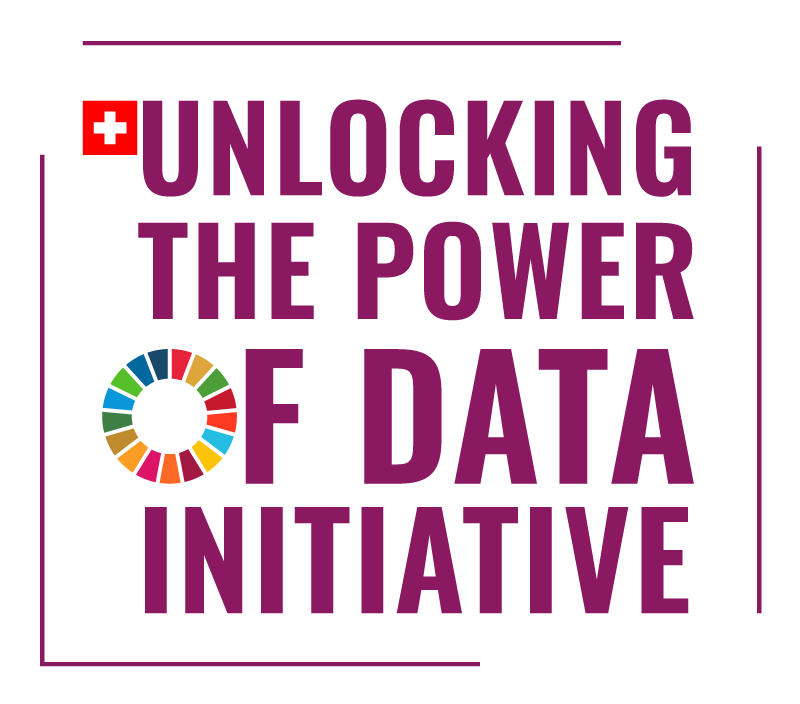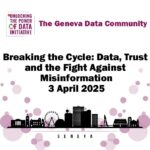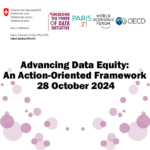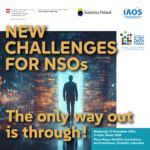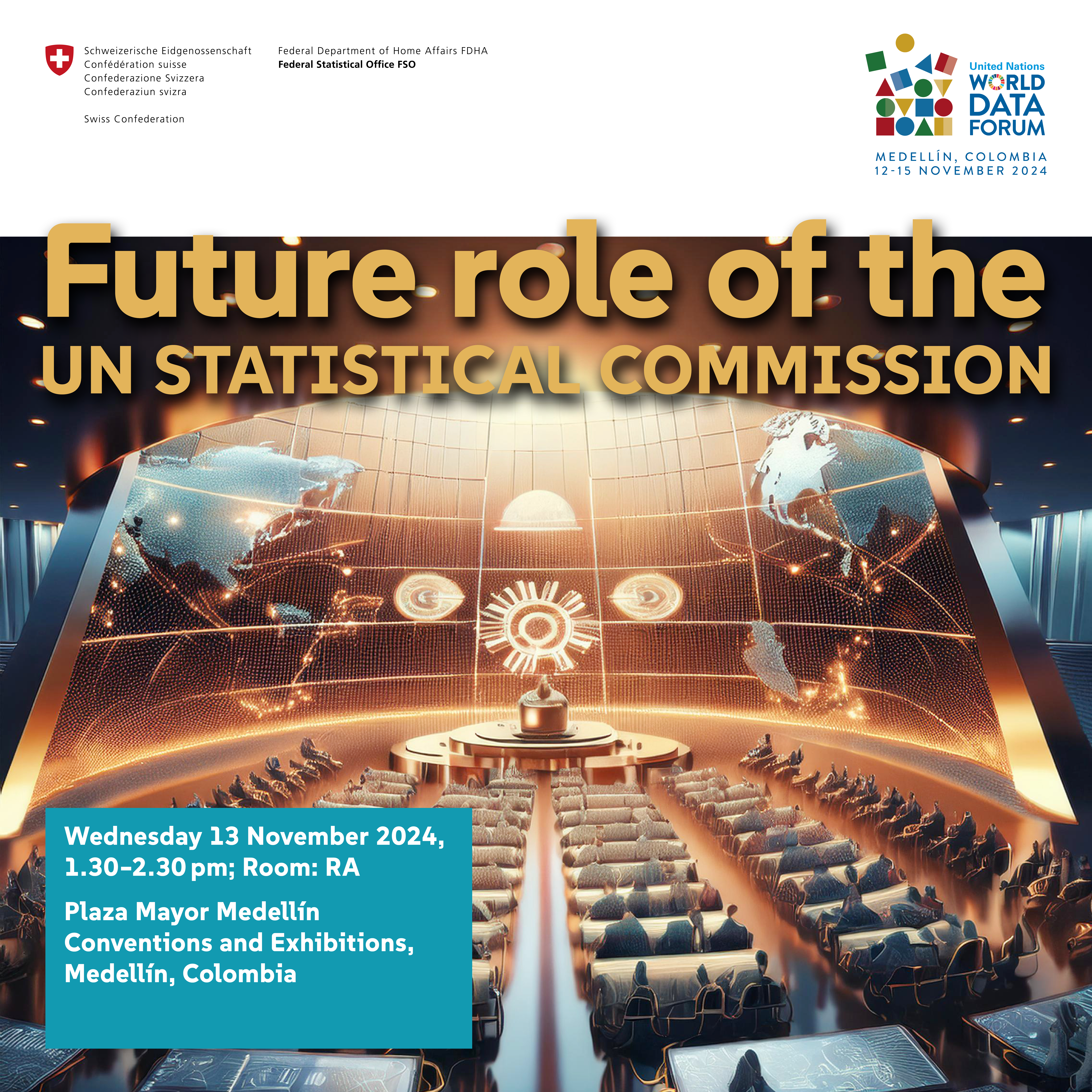The COVID-19 pandemic impressively demonstrates that data are a key resource for the creation and assessment of adapted strategies to address important health and social problems. For this purpose, however, it is essential to understand these data and, in particular, to assess their value and comparability in the appropriate context. Especially in the coronavirus crisis, problems concerning the lack of data literacy have come to light in many facets. What do positive test numbers really say? How do we collect these data in a meaningful way? Can we compare data from regions and countries without limitations? How do we interpret these correctly? How much trust do we place in the data? What do we do with these data, how can they be shared and who has access to them? Answering these questions shows the complexity behind the creation, the access and the use of data.
It is important to note that this problem of “lack of data literacy in the society as a whole” is not new, but the enormous importance of trustworthy data in the preparation of difficult political decisions has rarely been as clear as in the coronavirus crisis.
In order to shape resilient societies to deal with data in a meaningful and trustworthy way, a data culture that is broadly anchored in society and sustainably lived is needed. Overall, it is about collectively realising how much our lives are being determined and controlled by more and more data. As data producers, we disclose everyday data without knowing if, where and how they are used. As data consumers, we are all inundated with more and more data from all areas of expertise and life every day. It is essential that we tackle the key competences of how we should handle these data in a meaningful and trustworthy way – whether in our personal lives (for example with various health applications and the use of social media) but also as a society. To do this, we need more data literacy than most of us have been given so far.
Therefore, the coronavirus crisis must be used as an opportunity to strengthen data literacy to ensure the responsible, critical, ethical and sustainable handling of data in the future. Empowering citizens to handle data with competence is not only essential for people’s health and quality of life but also for their informed and responsible participation in our democratic society.
But what exactly is “data literacy”? Data literacy is the ability to critically collect, manage, evaluate and use data. Data literacy comprises five areas of expertise: conceptual framework, data collection (including data quality), data management (including data conversion, metadata management, data security and data reuse), data evaluation (including data analysis, data interpretation and data-informed policy making) and data use (including data ethics, data sharing and evaluation of decisions based on data).
Solid social data literacy is, just like reading and writing, crucial for the preservation of the fundamental values in our democratic society, such as freedom, equality and the right to participate.
Data literacy is for everyone! Or, in the 2020 words of David Spiegelhalter (former President of the Royal Statistical Society): “It is not only professionals that require data literacy – it is a basic requirement for informed citizens.”
Today’s fragmented datafied information landscape is susceptible to the pitfalls of misinformation, post-truth politics and societal polarisation – all of which call for a critical lens when dealing with data. There is an urgent need to develop data literacy at the level of citizens, organisations and society – such that all actors are empowered to navigate the complexity of modern data ecosystems. The relevant 2021 PARIS21 paper “Advancing data literacy in the post-pandemic world – A primer to catalyse policy dialogue and action”, which I had the pleasure of co-supervising, explores the state, understanding and practice of data literacy in today’s society as well as the path to the future of data literacy. The paper identifies three key takeaways: it is crucial to forge a common language around data literacy; adopt a demand-driven approach and participatory approach to data literacy; and to move from ad-hoc programming towards sustained policy, investment and impact.
Our third takeaway is clearly in line with one of the ambitions of the Swiss Federal Statistical Office’s (FSO) forthcoming “Project Rosling” to promote data literacy by bringing together different actors for scaled-up support and by becoming intentional about impact.
All of us have been greatly inspired by Hans Rosling. He has shown how narratives can be created using data, above all by constructing beautiful, expressive visualisations. On a personal note, I was elected during the Swiss Statistics Meeting 2009 in Geneva as President of the Swiss Statistical Society (a privilege and honour for me until 2015). At that meeting, Hans Rosling gave a keynote on “Unveiling the beauty of statistics”. After having watched him virtually a countless number of times, seeing him presenting live and discussing with him personally afterwards is a memory that I will never forget!
Thanks Hans for your data stories and all your inspiration! We need to find ways to get everyone engaged in data. We need to make data and statistics accessible and usable for all. Data literacy is as important to this century as reading and writing!
Thanks to the FSO, as part of the “Project Rosling” workstream on data literacy, for making our above-mentioned call for action to develop data literacy for everyone a reality and hopefully achieving concrete progress.
Data literacy: leave no one behind!
Prof. Dr. ès sc. Diego Kuonen, CStat PStat
CEO, Statoo Consulting & Professor of Data Science, Geneva School of Economics and Management, University of Geneva & Co-Initiator “Data Literacy – Switzerland” (data-literacy.ch)
